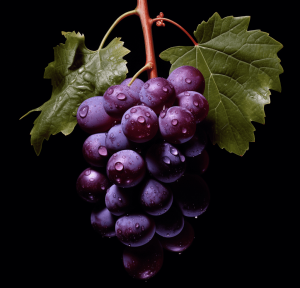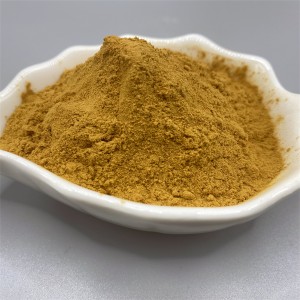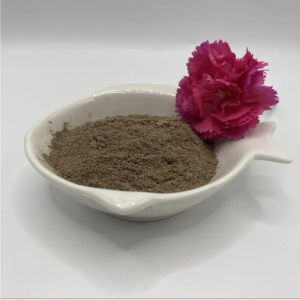Chitosan oligosaccharides can affect pathogenic microorganisms through various ways and enhance the disease resistance of plants, thereby effectively controlling crop diseases.
1. Chitosan oligosaccharide has antibacterial effects and can directly inhibit the growth of pathogenic microorganisms.
| Field Information shows that chitosan oligosaccharide can affect the cell wall synthesis and metabolism of pathogenic microorganisms, causing their death or growth inhibition, thereby reducing the infection of plants by pathogenic microorganisms and controlling the occurrence of diseases. |  |
2.Chitosan oligosaccharide can activate the plant’s immune system and enhance the plant’s disease resistance.
 |
Chitosan oligosaccharide can induce plants to produce a series of disease resistance-related proteins and antioxidant substances, enhance the plant’s defense ability against pathogenic microorganisms, improve the plant’s disease resistance, thereby reducing the occurrence and development of diseases. |
3.Chitosan oligosaccharide can also regulate the soil microbial community structure, improve the soil environment, and reduce the survival and spread of pathogenic microorganisms in the soil.
| By promoting the growth and activity of beneficial microorganisms, chitosan oligosaccharide can reduce the number of pathogenic microorganisms in the soil and reduce the occurrence of diseases. |  |
In summary, chitosan oligosaccharide plays multiple roles in the control of crop diseases, such as antibacterial, activating the plant immune system, and regulating soil microbial communities, providing a green, environmentally friendly, and efficient disease prevention and control method for agricultural production.
Post time: Sep-13-2024




